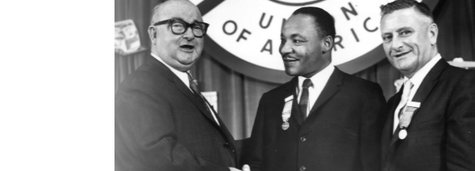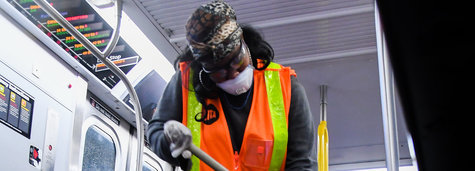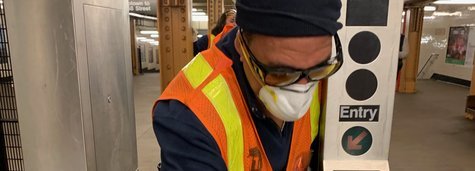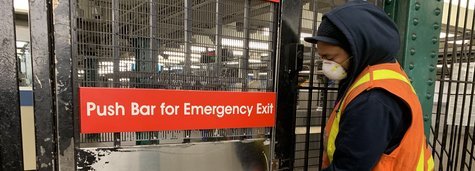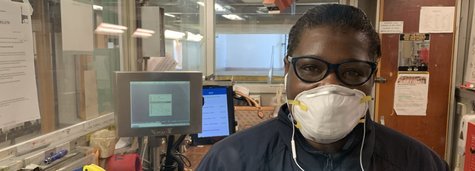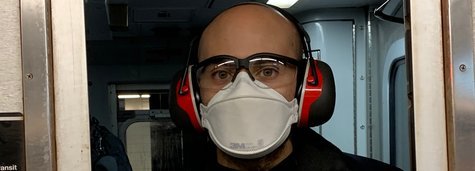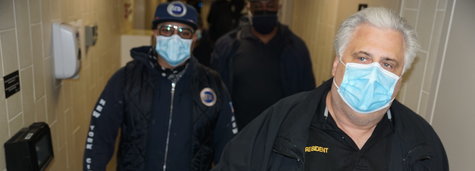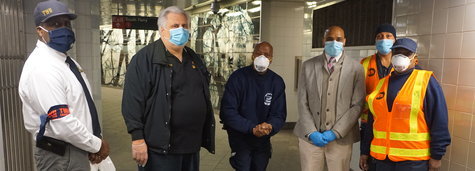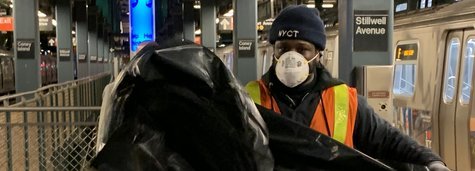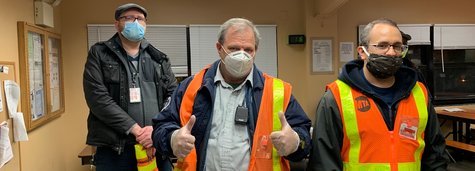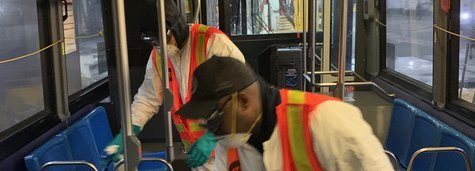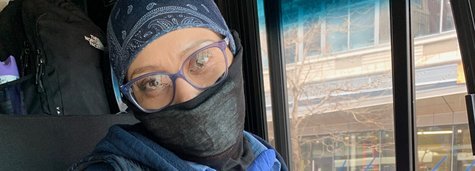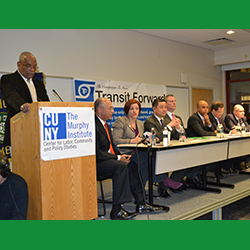Mayoral Candidates Weigh in on Public Transportation
Currently, the City contributes just $100 million each year to the MTA in capital funds, along with $45 million to subsidize MetroCards for schoolchildren. Both Liu and Albanese said they favored raising the City’s current subsidy to $700 million, with Liu going so far as to say that even that level of funding “would be a pittance.” Liu said the needed money could come from rescinding corporate tax breaks awarded to companies that pledge to create jobs and then renege, along with companies that overbill or defraud the city. The day before the forum, Liu called for the computer firm Hewlett-Packard to reimburse the City $163 million in overbillings stemming from its work on the City’s 911 call center project.
Intriguingly, Liu said that the City’s year-to-year budgeting, where allocations to various agencies and programs are ratcheted up or down incrementally, should be given a major overhaul, with the City’s needs given a fresh re-think.
The other candidates, including City Council President Christine Quinn, former Comptroller Bill Thompson (who came within five percentage points of beating Mayor Bloomberg in 2009 ), former Bronx Borough President Adolfo Carrion, Public Advocate Bill de Blasio, and Republican contender Tom Allon, all balked about committing the extra money, either opposing it on principle or saying that the budgeting situation was fluid and they were uncomfortable making the commitment to more transit funding this early in the game.
All of the Democrats supported keeping the current payroll tax that partly funds the MTA in place, with Bill Thompson and Ms. Quinn also called for the restoration of the commuter tax, under which commuters to New York City pay approximately $1 per day to support the MTA. That tax was killed due to political infighting back in 1999, depriving the MTA of about $200 million a year in revenue, a shortfall that forced the agency to increase its debt load. Thompson also suggested a levy on motor vehicle registration fees by weight, so that SUV owners would pay a higher surcharge to the MTA than owners of lighter cars. He said such a levy could bring in another billion for transit.
Mr. Allon said he was against any additional taxes to fund the MTA, instead proposing that the MTA sell “naming rights” to companies for bus stops and subway stations, something he said would bring in $350 million a year. Along with Albanese, de Blasio, and others, he advocated for more equal tolling of bridges and tunnels as another MTA funding source.
All of the candidates strongly supported additional measures to increase the safety of both transit workers and members of the public on subways and buses, with Republican Tom Allon suggesting that a cellphone app be designed so that riders could quickly report a crime in progress. Mr. de Blasio was outspoken on the need to restore the human presence in the subways that has been reduced cuts in Station Agents. Most of the other candidates echoed those views, with Mr. Albanese saying that both Station Agents and Conductors are “essential for public safety.”
Mr. Carrion, the lone Independent in the contest, came across as a law and order candidate, pushing for the hiring of additional police officers to be assigned to the NYPD’s transit bureau to help reduce crime in the system. These views, again, were broadly shared by the other candidates. Mr. Albanese, who called the Police Department’s Transit Bureau “the Siberia of the NYPD,” called for the reestablishment of an independent Transit Police Department as in the past.
All of the candidates were broadly in favor of expanding mass transit in the outer boroughs, where jobs are being created, with Allon advocating light rail expansion on Staten Island.

